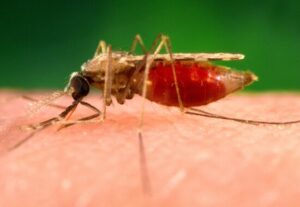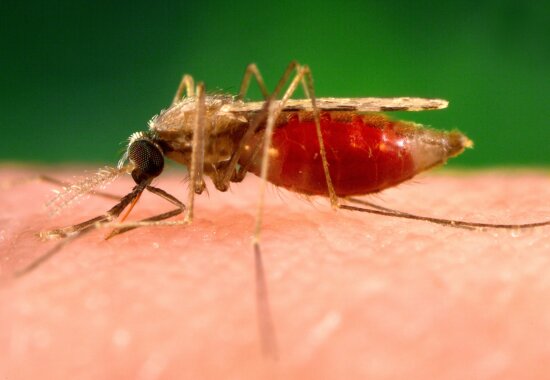Malaria is an infection caused by mosquito bites, common in Africa, Asia and South America. Over 220 million people are infected with malaria annually according to the WHO reports with the majority of it among the really poor communities with little assess to proper health care.

More about Malaria
Malaria is a mosquito-borne parasitic disease, transmitted by mosquito bites and may be dangerous or life-threatening. Requires laboratory tests and treatable by medical professionals.
What is Malaria?
Malaria can occur when a person is bitten by an infected anopheles mosquito. mosquitos are mostly carriers of the plasmodium parasite, this parasite when transmitted into a person go into the bloodstream and then the liver where they multiply for between two to four days after which they go back into the blood and attack the red blood cells.
What causes Malaria?
The major way people get infected with the malaria parasite is through mosquito bites, there are four types of parasites that cause malaria; plasmodium falciparum, P. ovale, P. malariae, P. vivax. Although the P. falciparum parasite is most deadly and common in Africa.
Who can get Malaria?
Anyone can be infected with malaria, especially people living in the tropical regions of the world. Malaria is common in Africa, Asia, South America, the Caribbean and mainly tropical regions. The majority of those at risk of complications from malaria are children and pregnant women.
What Are the Symptoms of Malaria?
- Headache
- Chills
- Joint Aches
- Diarrhea
- Abdominal pain
- Nausea and vomiting
- Cough and Catarrh
- Discomfort
- Fever
Sometimes, people infected with malaria may suffer several symptoms within short intervals ranging from cold/chills to high fever and sweating and back to normal temperature. This is sometimes referred to as malaria attacks.
Can Malaria Kill?
Malaria especially that caused by P. falciparum which is common in Africa leads to death and serious complications, according to the WHO about 400,000 people die from malaria annually, 94% of deaths from malaria occur in Africa. Some life-threatening complications from malaria include;
- Anemia: Due to an attack on the red blood cell, malaria could lead to a shortage of red blood cells, leading to a low supply of oxygen in the body.
- Cerebral Malaria: Malaria can cause swelling in the brain, which can lead to brain damage and seizures.
- Low blood sugar: Malaria at a critical state can lead to low blood sugar.
- Difficulty Breathing: Malaria can cause the accumulation of fluid in the lungs, which would make it difficult to breathe.
- Organ failure: The liver, kidney and spleen can be severely damaged if malaria is left untreated.
Can Malaria be transmitted?
Yes, Malaria can be transmitted. Since the malaria parasite lives in the blood it can be transmitted in the following ways;
- Congenital Malaria: Malaria can be transmitted from mother to child at birth.
- Organ transplant
- Blood transfusion
How is Malaria Diagnosed?
The Doctor examines the Patients for the symptoms and a blood test is carried out. The test, if done properly would show the following;
- The type of drugs or combination of drugs that would be used in the treatment.
Agape biomedical Clinic is equipped with a standard laboratory for effective testing and diagnosis of different kinds of ailments including Malaria. Our caregivers are well trained to take care of you till you get back on your feet.
How Is Malaria Treated?
To treat malaria, the doctor would prescribe drugs that would kill the malaria parasite. Some of the drugs used to treat malaria includes;
- Artemisin + lumefantrine
- Artesunate combinations
- Quinine
- Mefloquine.
How can Malaria be prevented?
To prevent Malaria one must prevent mosquito bites. These measures can be used to prevent mosquito bites.
- sleeping under treated mosquito nets.
- Wearing long-sleeved shirts and long trousers.
- Taking anti-malaria drugs (prophylaxis)
- Mosquitos breed mostly in areas with non-flowing water, clear drainages so they don’t serve as a breeding ground for mosquitos.

